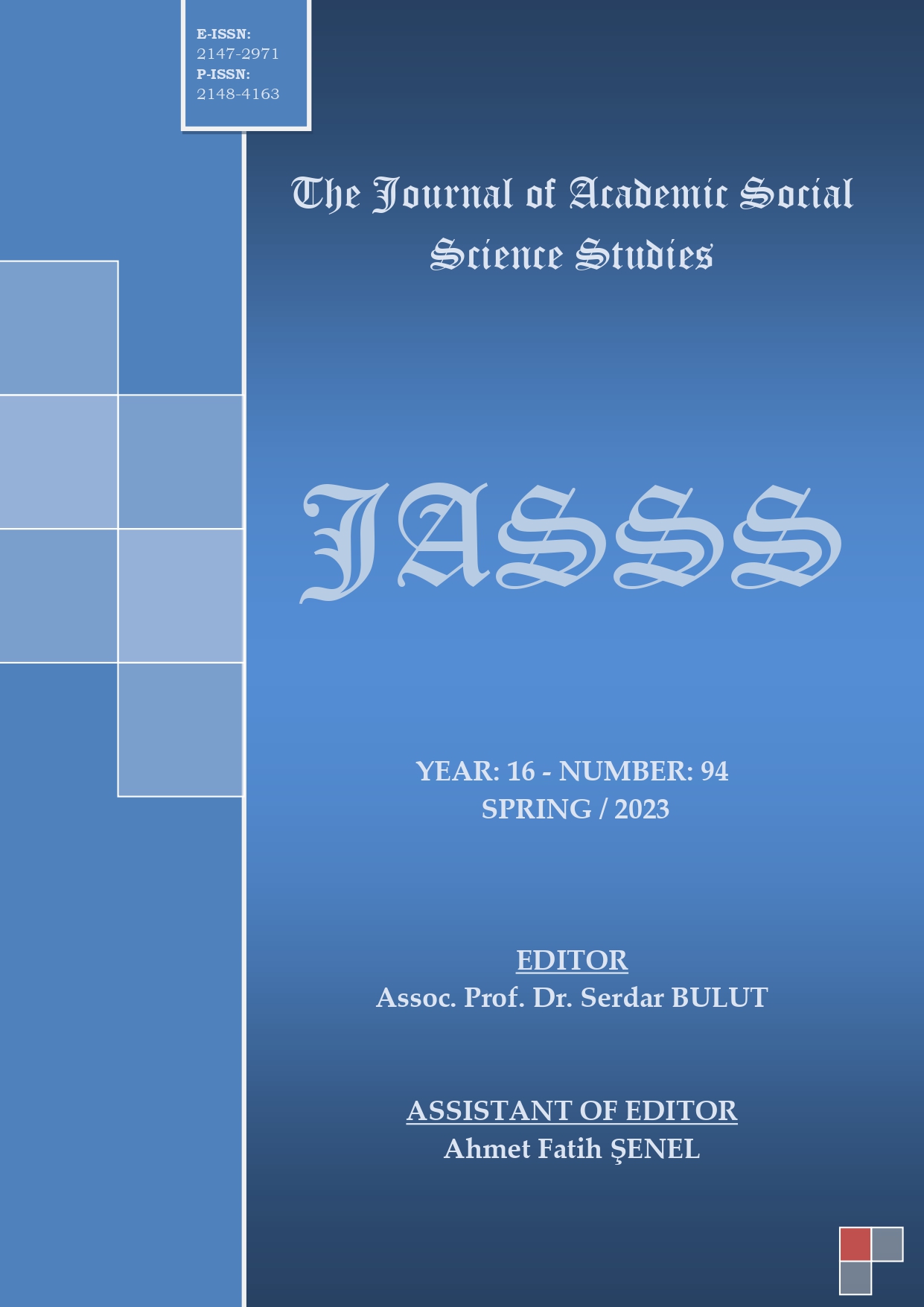Author :
Abstract
Dillərin müəyyən bir qismində qarşılıq-birgəlik növ anlayışı müstəqil növ kateqoriyası kimi fərqləndirilməmişdir. Belə ki, rus dilinə diqqət yetirdikdə qarşılıq-birgəlik növ qayıdış növün məna tipi kimi təqdim olunur. Rus dilindən fərqli olaraq müasir türk dilində isə iki və daha artıq subyektin hərəkətlərinin birgəliyini gösdərir, məhz elə bu hərəkətlər qarşılıqlı və yaxud başqasının bir-birinə kömək etməsi mənasında istifadə olunur. Bu kateqoriya özündə iki mənanı ehtiva edir: a) birgəlik və b) qarşılıq. Türkologiyada da feilin növ kateqoriyası ilə bağlı yazılmış əsərlərdə qayıdış növ müstəqil növ kimi ifadə olunur. Maraqlıdır ki, feilin növ kateqoriyasına tarixi aspektdən toxunan mənbələrdə isə bu növ “ qayıdış-məchul ” növ başlığı altında təqdim olunur. Lakin bizim fikirimizə,qayıdış və məchul növ arasında ciddi şəkildə fərqlər vardır. Qayıdış növü ifadə edən feillər təsirli feildən yaranıb, daha sonra morfoloji göstərici qəbul etdikdən sonra isə yekunda təsirsiz olur.
Keywords
Abstract
In a certain part of languages, the concept of reciprocal-joint type is not distinguished as an independent type category. Thus, when paying attention to the Russian language, the mutual-joint type of return is presented as the meaning type of the type. Unlike the Russian language, in the modern Turkish language it shows the joint actions of two or more subjects, and these actions are used in the sense of mutual or helping each other. This category includes two meanings: a) togetherness and b) reciprocity. In Turkology, in the works written about the type category of the verb, reciprocal pronouns is expressed as an independent type. It is interesting that in the sources dealing with the type category of the verb from the historical aspect, this type is presented under the title of " reciprocal pronouns " type. But in our opinion, there are serious differences between returning and unknown species. Verbs expressing the reciprocal pronouns are formed from active verbs, and then after receiving a morphological indicator, they finally become inactive.
